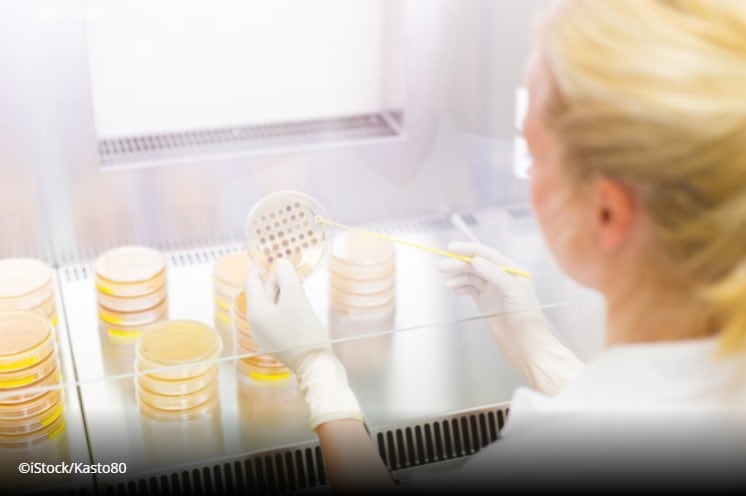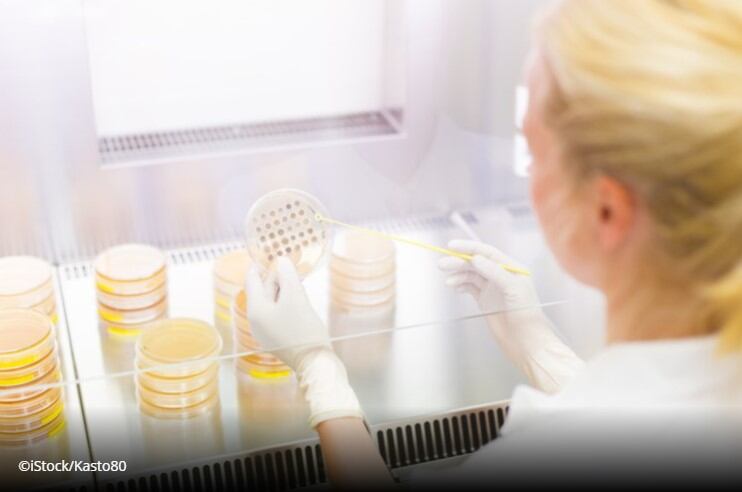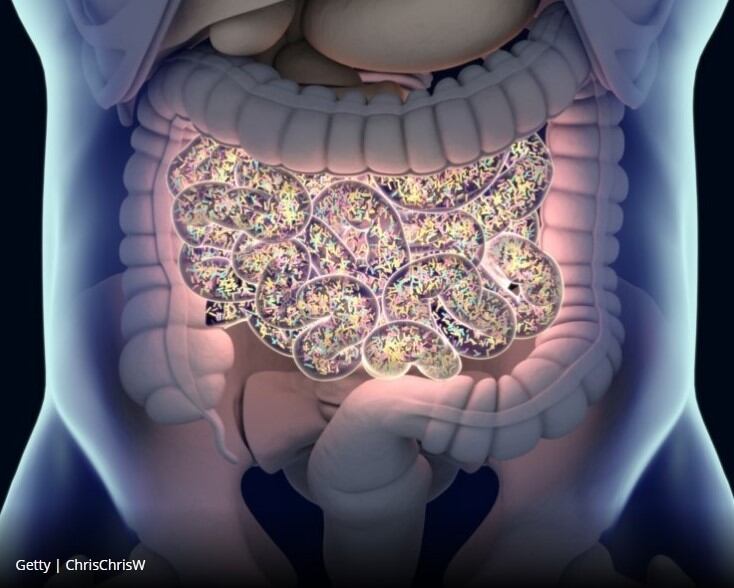Scientists have demonstrated that faecal microbiota transplantation (FMT) from healthy donors destroys harmful Escherichia coli (E. coli) bacteria in rCDI sufferers, reducing the likelihood of patients developing colorectal cancer.
The Dutch study used metagenomic screening to assess the influence of donor faeces on potentially procarcinogenic E. coli bacteria of rCDI patients and found substantially reduced levels of polyketide synthase-positive (pks) - associated with E coli abundance – following FMT treatment.
High levels of both pks and E Coli were observed in rCDI patients, but FMT changed both the status and level of pks detected in deep-sequenced metagenomes, the authors wrote.
“After FMT, 20 (74%) had decreased levels of pks, of which 14 (52%) were reduced to levels below our detection limit.”
Study details
The retrospective study involved 31 women and 18 men with rCDI, aged 27 to 92 years. All had previously received a single treatment of FMT. The majority had FMT administered as a single treatment through a nasoduodenal tube, and two with a single infusion by colonoscopy.
The donors comprised four women and four men aged 24 to 46 years and were screened for disorders associated with microbiota and transmissible diseases.
The 198-mL faecal suspensions contained 60 g of donor faeces in saline solution with 10% volume/volume glycerol and were stored at -80 C. Faecal metagenomes were screened for pks+ E coli and compared with pks levels in patients before and after treatment and to their respective donors.
Persistence of E coli
Pre-FMT antibiotic treatment may have contributed to large amounts of different E coli sub-populations or variants in patients, the authors note, however numbers decreased following FMT.
E coli was detected in under half the donor metagenomes and in 5 out of 11 pks+ metagenomes from two donors, and E coli markers were identified in 48 of 49 patients pre-FMT. After FMT, 26 of 49 patients continued to register E coli species.
“After treatment by FMT using a donor suspension that contains little if any E coli, the number of different E coli variants decreases. And when pks+ variants are present post-FMT, this is often a larger fraction or the only E coli variant, possibly indicating that this variant is more persistent than other E coli variants,” they said.
Clearance and transmission
The likelihood of pks clearance and transmission based on the presence of pks in patients and their donors was assessed and revealed a direct link between post-FMT pks status and pks in donor suspension.
“Of 35 patients with rCDI who were treated with a pks- donor suspension, 25 (71%) were pks- after FMT (Table 1), and 4 (11%) had reduced pks. Among 14 patients who were treated with a pks+ donor suspension, 9 (64%) were pks+ after FMT.”
The possibility of donor-to-patient transmission was considered unlikely, however, and the researchers surmised that E coli abundance is more likely to arise from persistent variants in patients than from donor transference.
“Although our metagenomic analyses could not demonstrate persistence or transmission using within species variants, taken together, these results indicate that FMT contributes to persistence or clearance rather than donor-to-patient transmission of pks in patients with rCDI,” they said.
Conclusion
From data collected the authors assert that FMT with pks- donor suspensions generally decrease pks levels of patients, although they emphasize results are dependent on the pks status of donor suspension.
They also maintain that further research is necessary to evaluate the cancer risk of pks+ E coli in rCDI and other patients, which could offer opportunities for early intervention in the development of colorectal cancer.
Source: Gastroenterology
Published June 11, 2021: https://doi.org/10.1053/j.gastro.2021.06.009
“Fecal Microbiota Transplantation Influences Procarcinogenic Escherichia coli in Recipient Recurrent Clostridioides difficile Patient”
Authors : Patients Sam Nooij, Quinten R. Ducarmon, Jeroen F. J. Laros, Romy D. Zwittink, Jason M. Norman, Wiep Klaas Smits, Hein W. Verspaget, Josbert J. Keller, Elisabeth M. Terveer, and Ed J. Kuijper, on behalf of the Working Group of the Netherlands Donor Feces Bank




